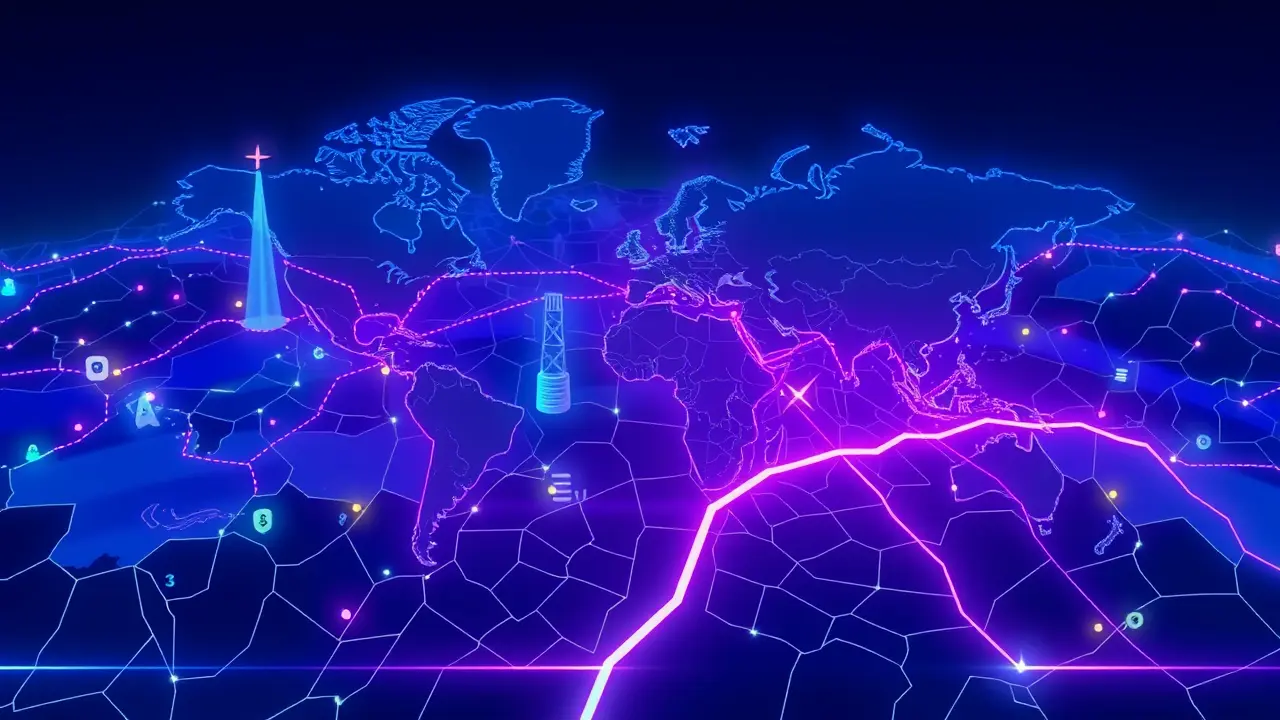New Dating Trend Called Zip Coding Explained
In the quiet cartography of modern romance, a new coordinate has been plotted: the zip code. This emerging trend, aptly named 'zip coding,' is less about finding a soulmate and more about securing a situational companion, a part-time lover whose commitment begins and ends with municipal boundaries.It’s a relationship of pure, unadulterated convenience, a tacit agreement that your shared story is only valid within a specific radius, a narrative that pauses the moment one of you crosses into the next postal district. While it might sound like a fresh, digitally-native phenomenon born from dating app fatigue, its roots are deeply human, echoing the age-old practice of finding comfort in proximity, from the company towns of the industrial revolution to the office romances of the late 20th century.I’ve spoken with several individuals navigating this ambiguous terrain, like Sarah, a 28-year-old graphic designer who has a ‘zip code companion’ in her downtown neighborhood. ‘It’s not that we don’t like each other,’ she explained, her voice a mix of pragmatism and slight melancholy.‘It’s that we’ve mutually agreed our lives are too complex for the demands of a full-time relationship. We have dinner, we see a movie, we provide a certain kind of warmth and familiarity.But we don’t discuss future plans, and we never, ever visit each other’s homes if they’ve moved to a different part of the city. The geography defines the entire emotional contract.’ This sentiment is echoed by Dr. Anya Petrova, a sociologist who studies digital intimacy, who frames zip coding as a logical, if stark, adaptation to an increasingly transient and demanding world.‘We are witnessing the hyper-localization of affection,’ she notes. ‘People are time-poor and emotionally saturated.A zip code relationship offers the illusion of connection without the daunting weight of long-term investment. It is intimacy as a service, subscription-based on physical presence.’ Yet, for all its pragmatic appeal, this arrangement is fraught with unspoken psychological perils. The very convenience that makes it attractive can quietly erode one’s capacity for vulnerability and long-term commitment.It creates a low-stakes environment where it’s too easy to opt out at the first sign of real conflict, reinforcing a pattern of emotional avoidance. The ‘victim’ of the trend’s original title isn’t necessarily someone who has been wronged, but perhaps someone who has willingly, even gratefully, confined their heart to a five-digit cage, mistaking geographical closeness for genuine intimacy. It raises profound questions about what we are truly seeking: is it a partner for life’s journey, or merely a pleasant fellow passenger for a short, convenient stretch of the ride? In the grand human experiment of connection, zip coding is a fascinating, cautionary data point, a testament to our enduring desire for companionship, even when we insist on drawing such stark, self-imposed borders around it.
It’s quiet here...Start the conversation by leaving the first comment.
